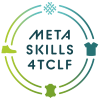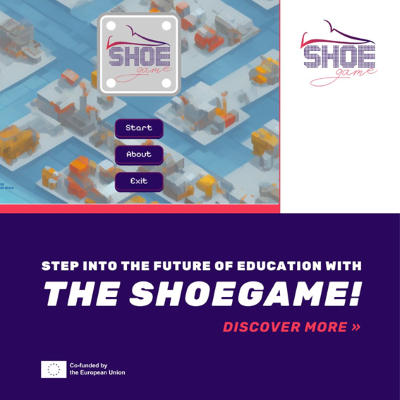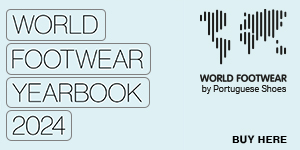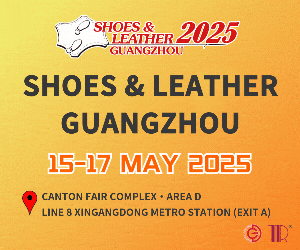MetaSkills4TCLF project paves the way for green and digital innovation in TCLF
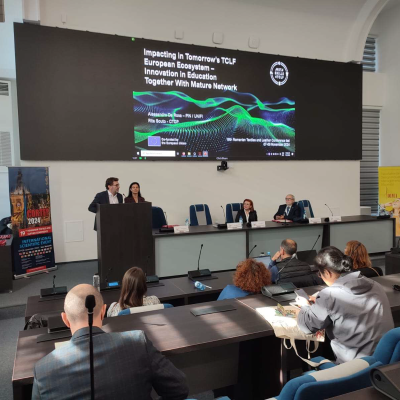
The MetaSkills4TCLF project aims to match education to industry needs by equipping the textile, clothing, leather, and footwear (TCLF) industries with the skills it needs to excel in a world driven by green innovation and digital transformation
On the 6th and 7th of November, representatives of private and public entities from Belgium, Germany, France, Greece, Italy, Poland, Portugal, Romania, Sweden, Spain, and Ukraine came together in the 19th Romanian Textiles and Leather Conference (CORTEP 2024), in Iasi, Romania, to propel the innovative Erasmus+ Blueprint MetaSkills4TCLF project.
Co-funded by the European Union, this initiative aims to equip the textile, clothing, leather, and footwear (TCLF) industries with the skills it needs to excel in a world driven by green innovation and digital transformation. Through the development of an EU TCLF skills strategy, the international consortium aims to address critical skills gaps and build dynamic, future-ready education systems across Europe, on TCLF Vocational Education and Training (VET) and Higher Education (HE).
Rita Souto from the Portuguese Technological Footwear Centre (CTCP) and Alessandro De Rosa from PINSCRL took centre stage during the conference to present a series of innovative initiatives that will make it possible to achieve this goal.
These include empowering VET and HE centres with six innovative curricula focused on the circular economy and the digitalisation of the fashion industry, accompanied by immersive educational resources. These resources include immersive virtual reality (VR) experiences that allow students to virtually explore TCLF factories, and the creation of a European Virtual Fashion Campus that will serve as an informative and educational hub for the TCLF industries.
Additionally, the project includes a dynamic promotional campaign aimed at attracting young people to careers in these sectors. Activities included range from school orientation events, holiday courses, and company open days, to an international fashion contest for TCLF students and interactive promotional events for pupils in middle and high school.
The role of public authorities in this project is also crucial, especially in regions with decentralised responsibilities for education. To strengthen these systems and ensure a skilled workforce, the project partners are working to establish public-private skills partnerships at both national and regional levels. Within the project, public authorities, social partners, and education institutions across Europe will be guided in the development of their respective skills Pacts and will be invited to participate in webinars and workshops to explore the project activities, share best practices, and jointly work and learn from each other.
“Skills supply and demand should be built on local/regional expertise and needs to guarantee more resilience and growth of TCLF companies but also regions. For that purpose, a regular dialogue between public authorities, social partners and education centres under a regional Pact for Skills can make a difference in strengthening regional competitiveness”, commented Carmen Arias, Secretary General of the European Footwear Confederation (CEC).
Follow the project on LinkedIn and Instagram or subscribe to the newsletter on the website for the latest updates on initiatives and progress.
